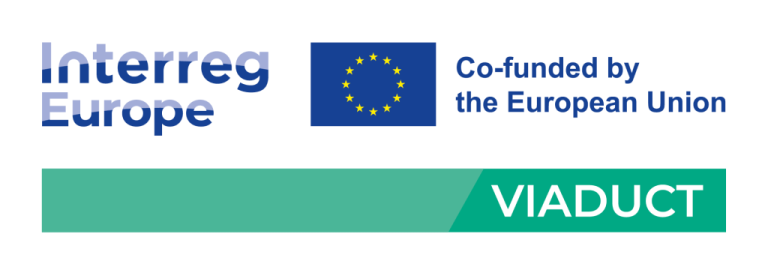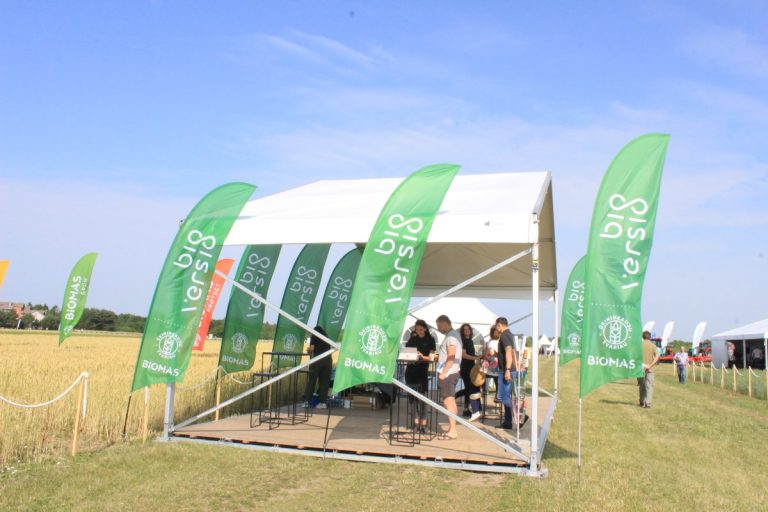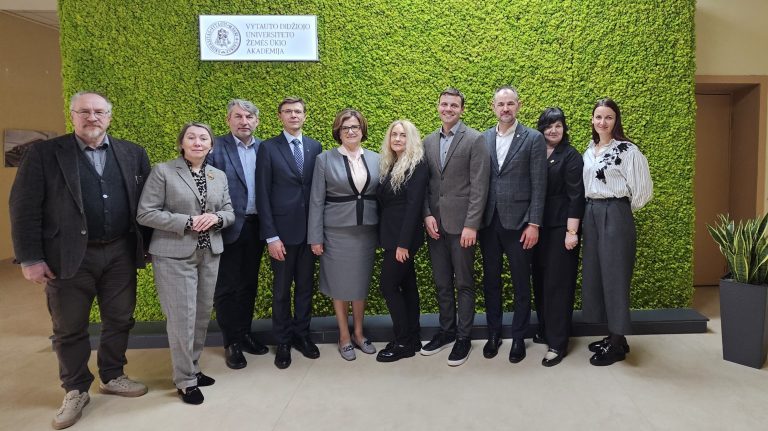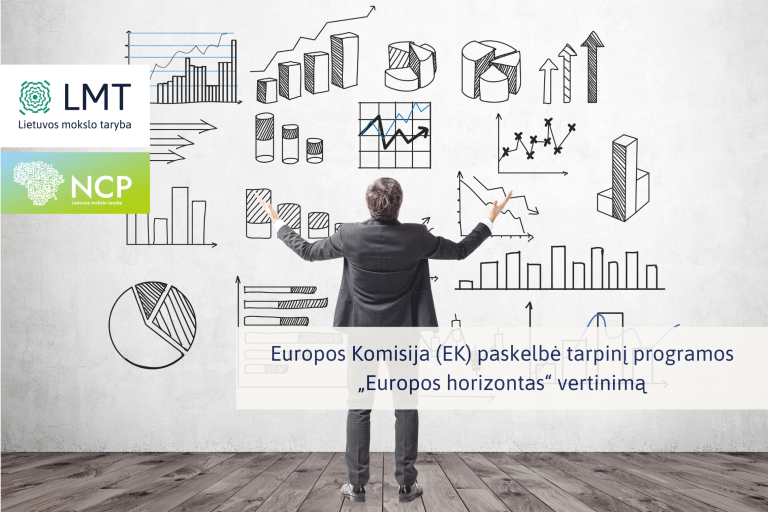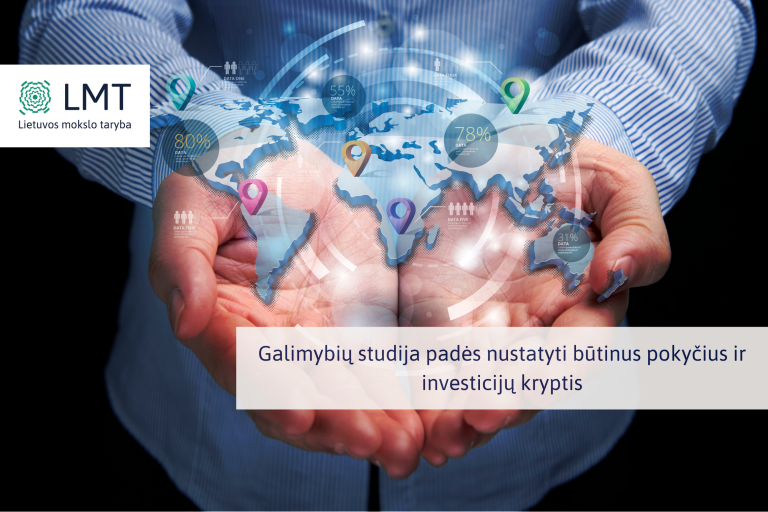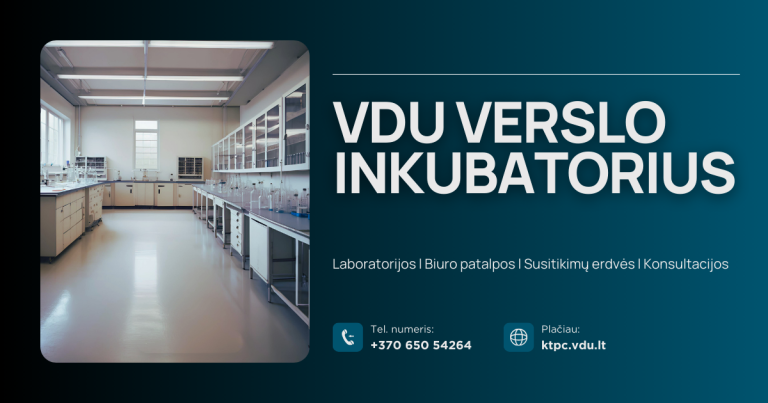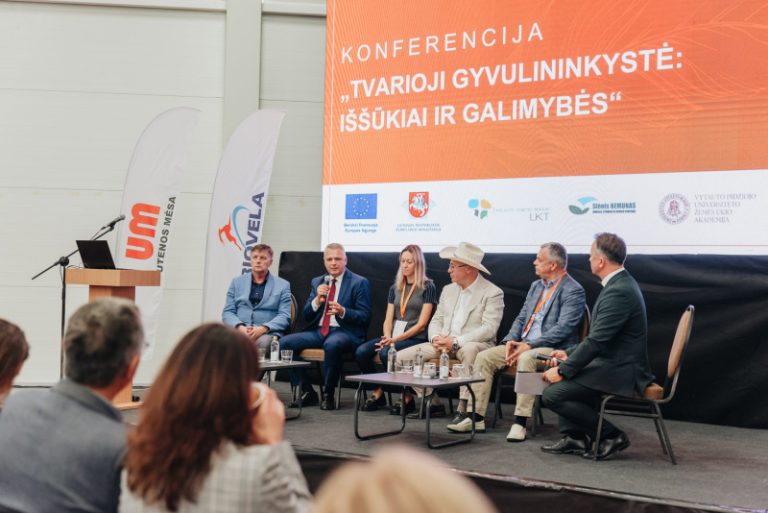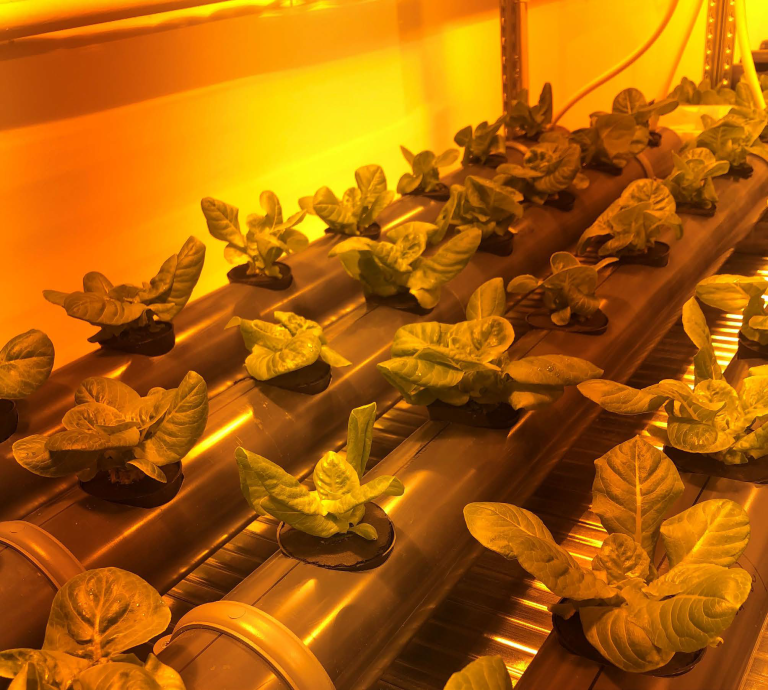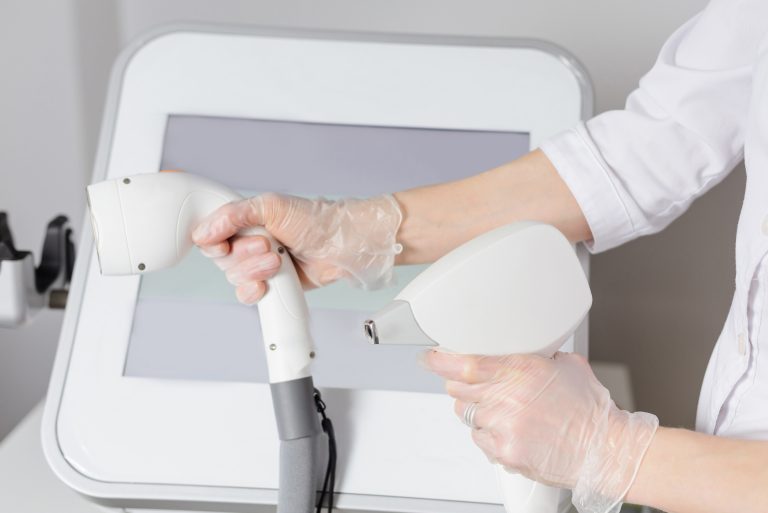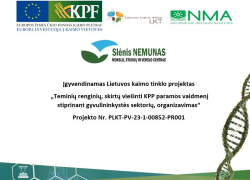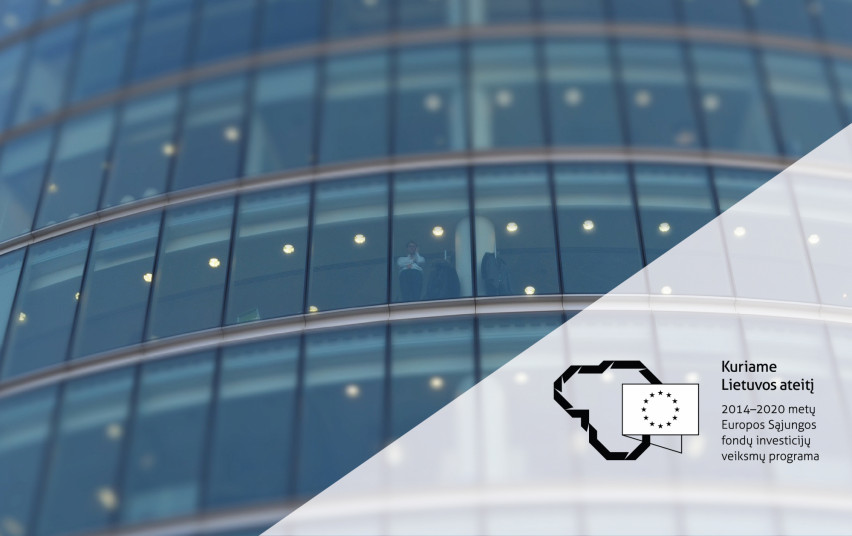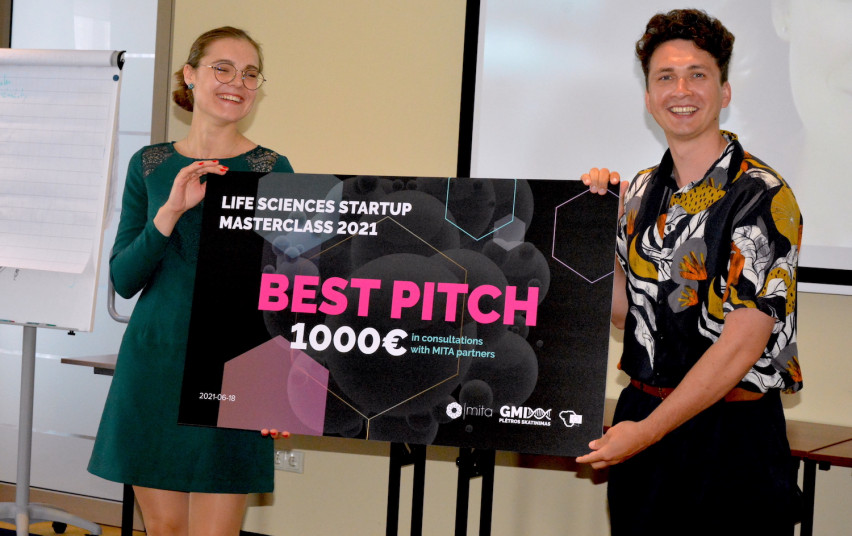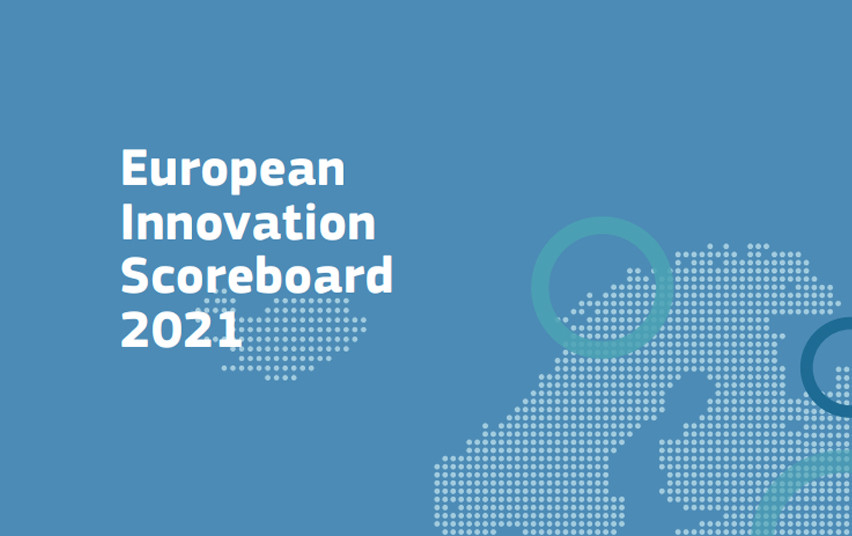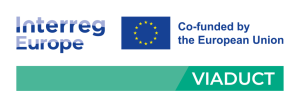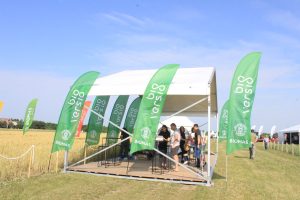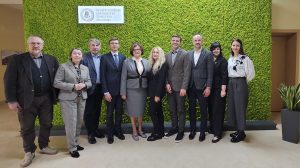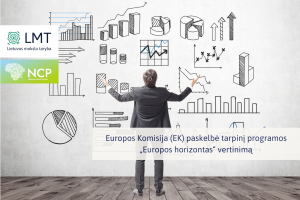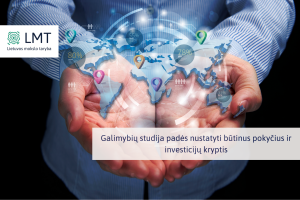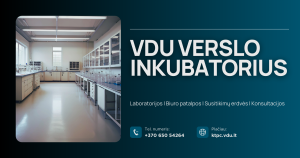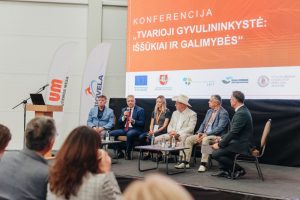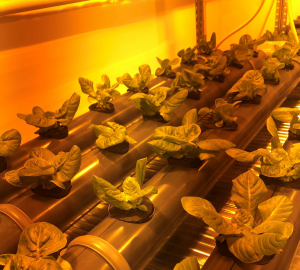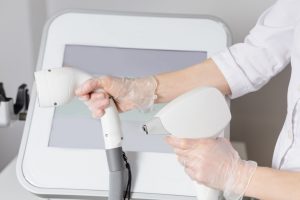Visos naujienos
Kauno mokslo ir technologijų parkas maloniai kviečia dalyvauti „VIADUCT“ projekto teminiame seminare
Kauno mokslo ir technologijų parkas maloniai kviečia dalyvauti tarptautiniame, jau penktą kartą organizuojamame, „VIADUCT“ projekto teminiame seminare, kuris vyks 2025 m. birželio 4-5 d. Kaune. Šis renginys – tai puiki...
Šaltinis: LAMMC Nepraleiskite progos tapti ekologinės žemės ūkio technologijų parodos-forumo EKOAgrITech dalimi. Paroda-forumas EKOAgrITech vyks 2025 m. liepos 3 d. Joje bus pristatytos ekologinės žemdirbystės, gyvulininkystės, žemės ūkio technologijų ir mokslinių tyrimų...
2025 m. gegužės 15 d. 8–17 val. Vytauto Didžiojo universiteto Žemės ūkio akademijos (VDU ŽŪA) Miškų ir ekologijos bei Inžinerijos fakultetai kviečia dalyvauti bendro EIP projekto Nr. 35BV-KK-22-1-04988-PR001 „Organinės anglies...
2025 m. gegužės 8 d. vyko Asociacijos “Slėnis Nemunas” Tarybos ir visuotinis narių susirinkimai. Susirinkimų metu buvo pristatyta 2024 m. Asociacijos veiklos ataskaita ir 2025 m. planuojamos veiklos kryptys. Taip...
Europos Komisija (EK) paskelbė tarpinį programos „Europos horizontas“ vertinimą: rezultatai rodo reikšmingą poveikį Europos ekonomikai, mokslui ir visuomenei. Ataskaitoje pabrėžiama, kad kiekvienas į šią ES mokslinių tyrimų ir inovacijų programą...
2025 m. balandžio 22 d. Lietuvos mokslo taryba (LMT) pasirašė sutartį su Centrine projektų valdymo agentūra (CPVA) dėl projekto „Įsijungti į Europos atvirojo mokslo debesį – galimybių studijos dėl būtinų...
Siūloma: Laboratorijos, biuro patalpos, susitikimų erdvės; Konsultacijos apie finansavimo pritraukimą, intelektinę nuosavybę, projektų rengimą, rinkos analizę; Papildomas įmonės viešinimas parodose, renginiuose, straipsniuose; Bendradarbiavimą startuolių bendruomenėje. Plačiau apie tai galite skaityti...
2024 m. rugsėjo – 2025 m. vasario mėn. asociacija „Slėnis Nemunas“ vykdė projektą „Komunikacijos priemonių, skirtų skatinti žinių sklaidą, inovacijas ir bendradarbiavimą stiprinant gyvulininkystės sektorių, įgyvendinimas“, projekto Nr. LKT-PK-24-1-03224-PR001. Projekto...
Klimatui palankaus atsistatančio ir tiksliojo žemės ūkio mokslinių tyrimų infrastruktūra (CLIMAGRO LT) yra jungtinė Lietuvos universitetų ir mokslo institucijų iniciatyva, orientuota į klimato kaitos švelninimą, tvarų ūkininkavimą ir inovatyvių precizinių...
Lietuvos mokslo taryba patvirtino Atvirosios prieigos tvarkos aprašą: siekiama užtikrinti mokslinių tyrimų rezultatų prieinamumą ir sklaidą 2024 m. rugpjūčio 30 d. Lietuvos mokslo taryba (LMT) patvirtino Atvirosios prieigos prie mokslinių tyrimų...
KONFERENCIJA TVARIOJI GYVULININKYSTĖ: IŠŠŪKIAI IR GALIMYBĖS 2024 m. rugsėjo 26–27 d. Universiteto g. 10B, Akademija, Kauno r. (Konferencijų erdvė parodų paviljone Nr. 2) PROGRAMA* Rugsėjo 26 d. (ketvirtadienis) Renginio moderatorius...
„Europos horizontas“ (angl. Horizon Europe) yra pagrindinė Europos Sąjungos (ES) mokslinių tyrimų ir inovacijų finansavimo programa. 2021–2027 m. „Europos horizontas“ finansavimo suma yra 93,5 mlrd. EUR. Europos Horizonto projektų temos sprendžia...
Trys „Spiečiai“ – trys regioninių verslų sėkmės istorijos: verslo plėtrą paskatino bendradarbystės centro programos Naujai įkurta 200 kv. m. studija, suburta 14-os specialistų komanda, moderni įranga ir daugiau nei perpus...
Asociacija „Slėnis Nemunas“ (toliau – Asociacija) įgyvendina Lietuvos kaimo tinklo projektą „Teminių renginių, skirtų viešinti KPP paramos vaidmenį stiprinant gyvulininkystės sektorių, organizavimas“, projekto Nr. PLKT-PV-23-1-00852-PR001. Projekto tikslas – įgyvendinti komunikacijos...
Europos Sąjungos (ES) žemės ūkio ir žuvininkystės ministrų taryboje pagrindine aptariamų klausimų tema išlieka apsirūpinimas maistu, ypač vykstant karui Ukrainoje. Briuselyje vykusioje taryboje diskutuota apie padėtį rinkose, Pramoninių išmetamųjų teršalų...
Mokslo, inovacijų ir technologijų agentūra (MITA) kartu su „Investuok Lietuvoje“ dalyvavo tarptautinėje finansinių technologijų konferencijoje „Money 20/20”, Las Vegas, JAV. Lietuvos finansinių technologijų ir verslo sektorių siūlomos galimybės, pristatomos atskirame parodos...
Mokslo, inovacijų ir technologijų agentūra (MITA) rugsėjo 15 d. Lietuvos klasterių bendruomenę ir visus, kurie domisi klasterizacija, pakvietė į informacinį renginį. Jis buvo skirtas aptarti projekto rezultatus ir visas aktualijas...
Lietuvos inovacijų centro brandinamas sveikatos technologijų klasteris iVita tikrai negali skųstis progresyvių ir pažangių narių stoka. Įmonės ne tik sėkmingai diegia skaitmeninimo sprendimus, bet ir pripažįsta, kad priklausydamos klasteriui ir...
Neseniai pasibaigusi išskirtinai gyvybės mokslų startuoliams sukurta programa „Life Sciences Startup MasterClass“ teisingus pagrindus padėjo dar 15 naujų ankstyvos stadijos lietuviškų startuolių. Finalinio renginio metu išrinktas geriausiai vystomą idėją pristatęs VU Gyvybės mokslų...
Birželio 21d. Europos Komisija paskelbė Europos inovacijų švieslentę, kurioje matyti palyginamoji ES valstybių narių situacija mokslinių tyrimų ir inovacinės veiklos srityse. Yra įvardinamos stipriosios ir silpnosios mokslinių tyrimų ir inovacijų...
- 1
- 2

